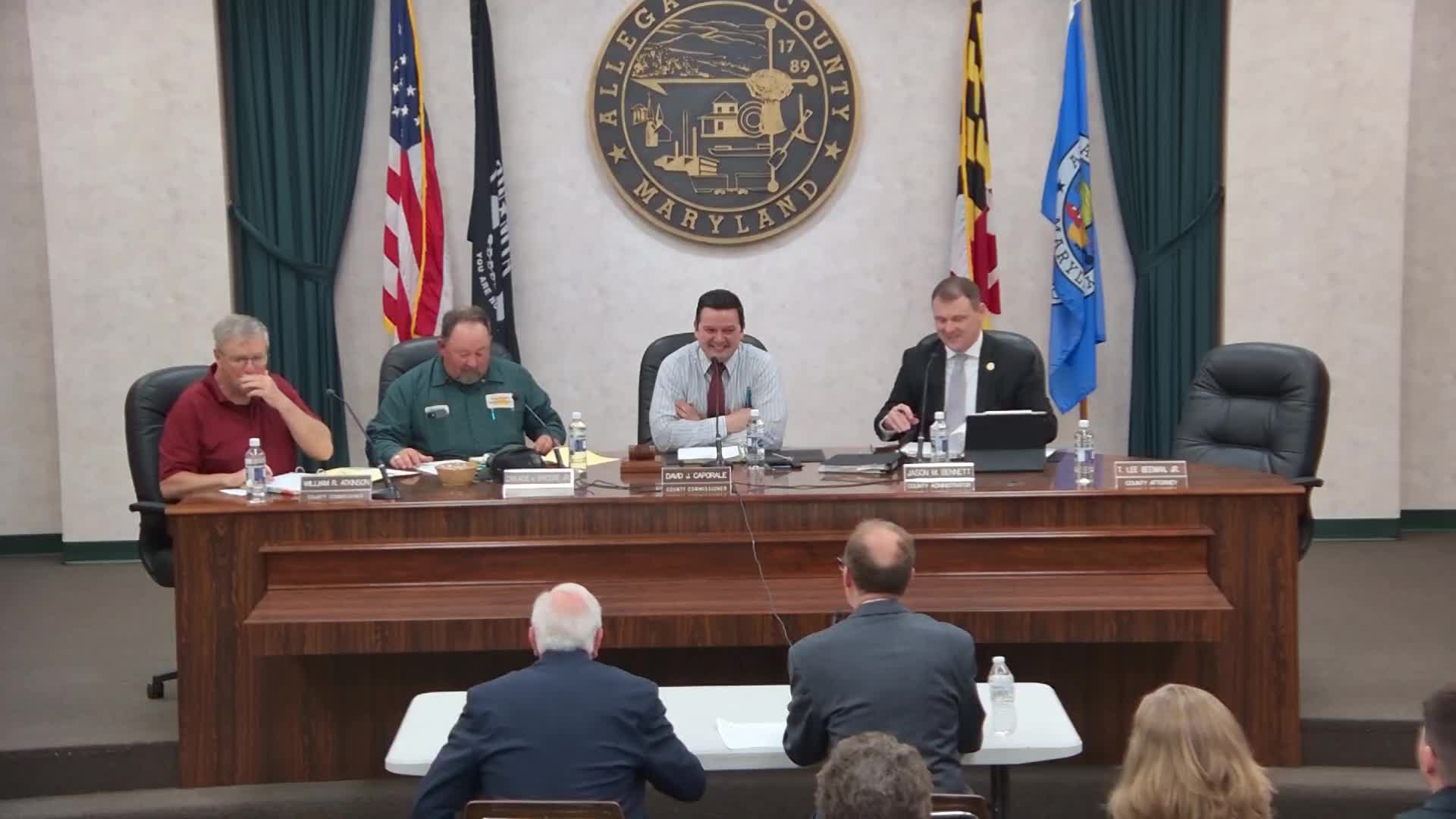Article not found
This article is no longer available. But don't worry—we've gathered other articles that discuss the same topic.
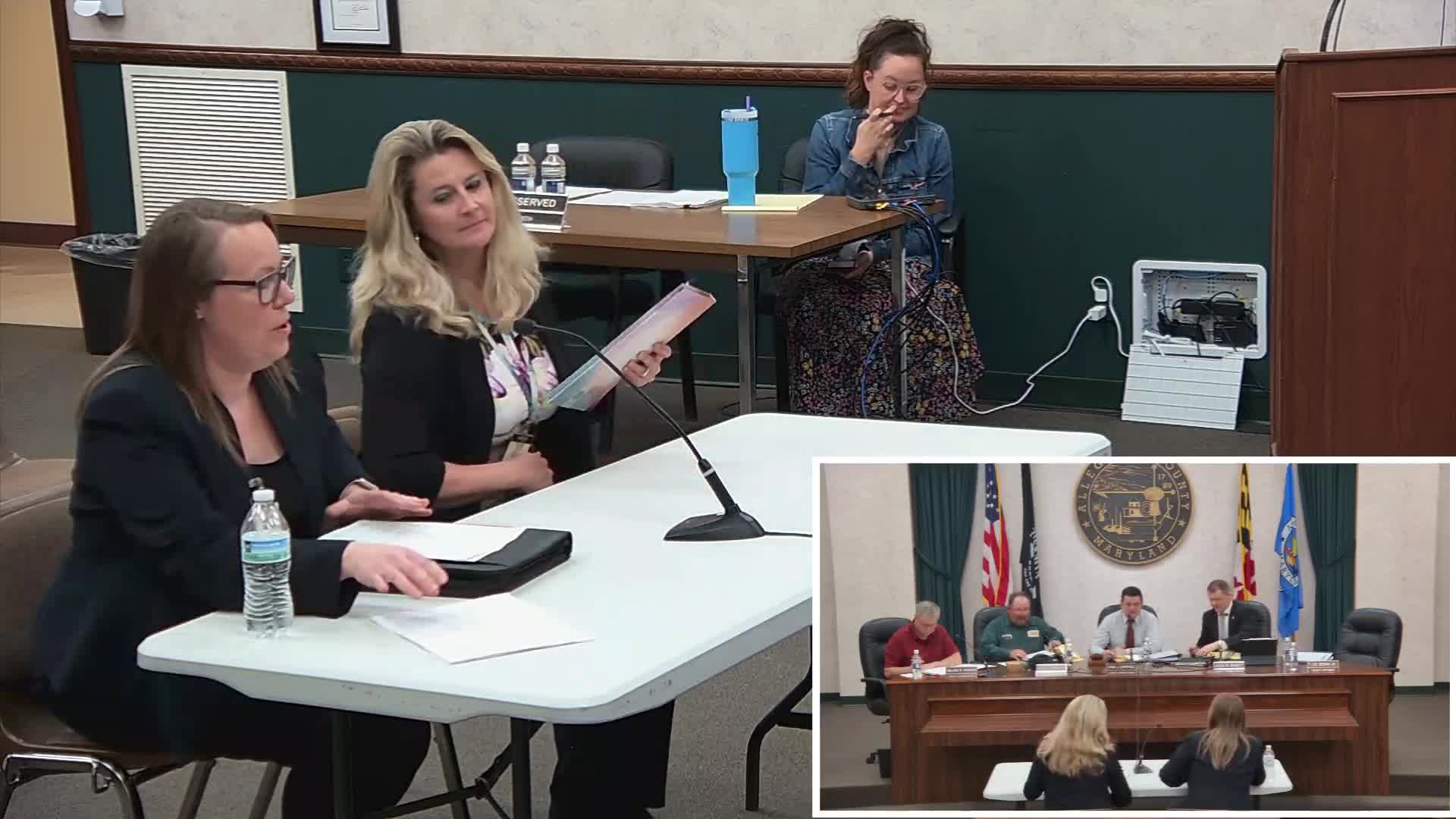
Circuit Court seeks level funding for most programs; cites grant support for security upgrades
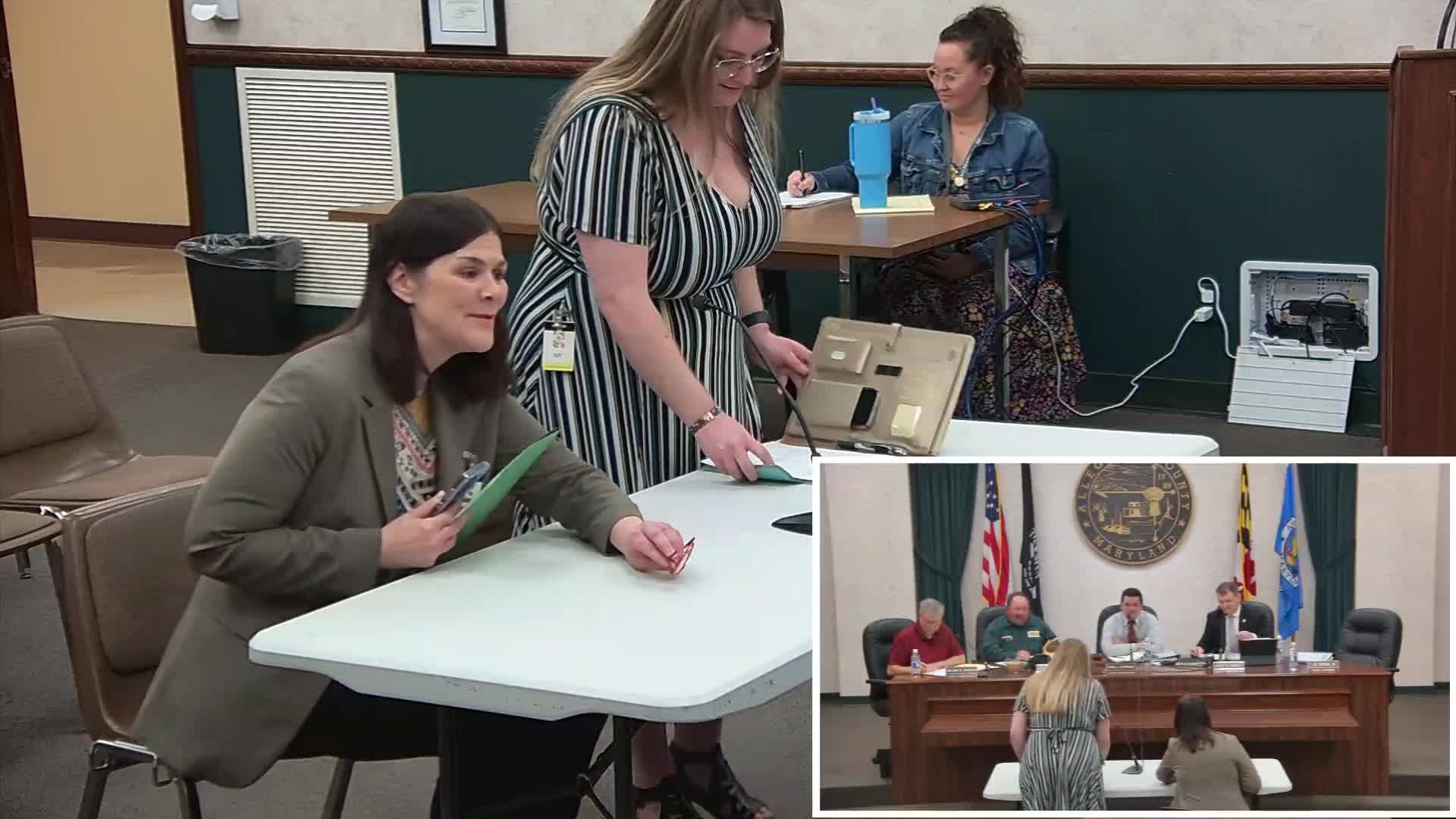
HRDC highlights service volume and asks commissioners for flat funding
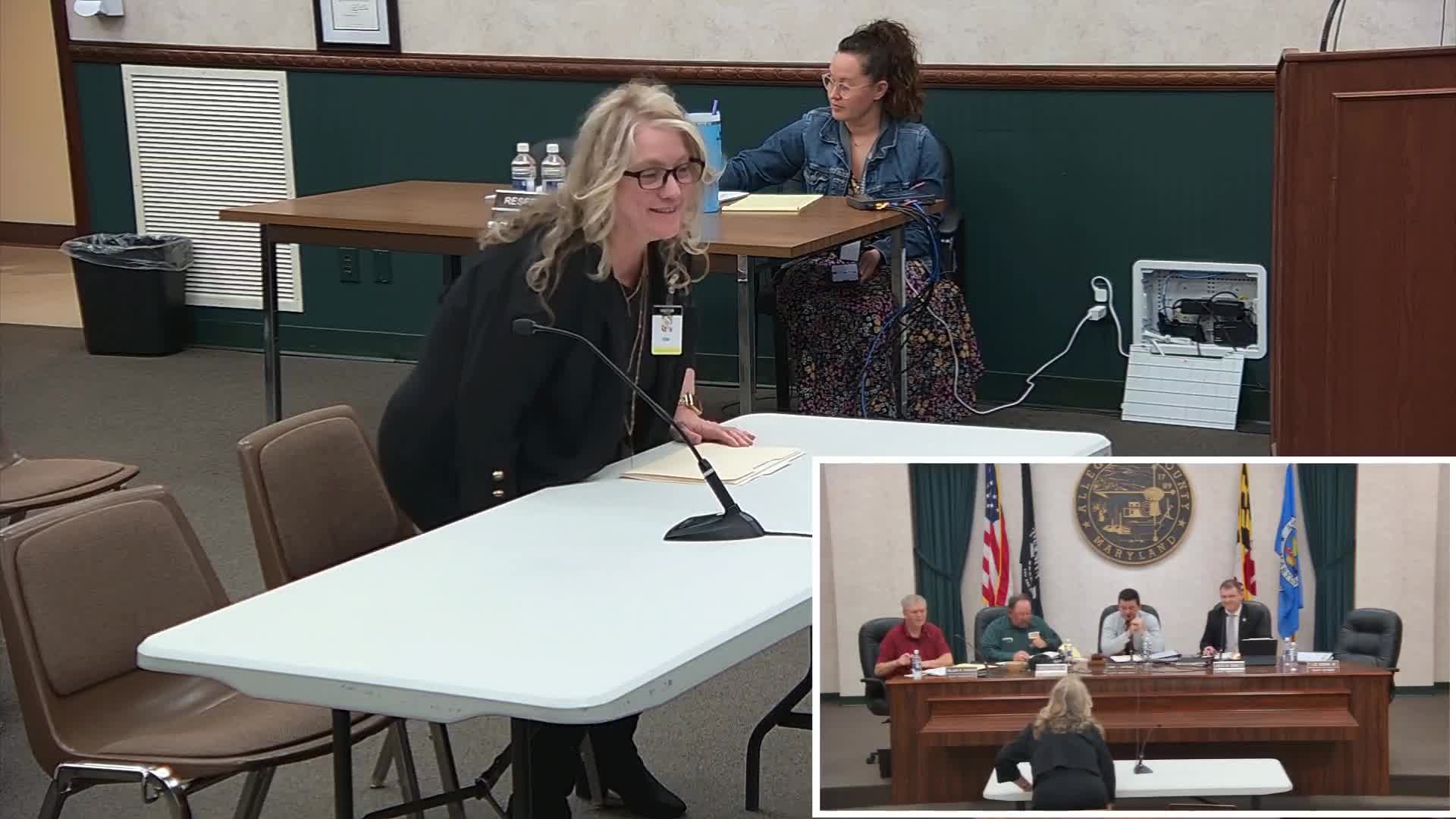
Family Crisis Resource Center seeks $90,000 level funding to meet growing demand for domestic violence services
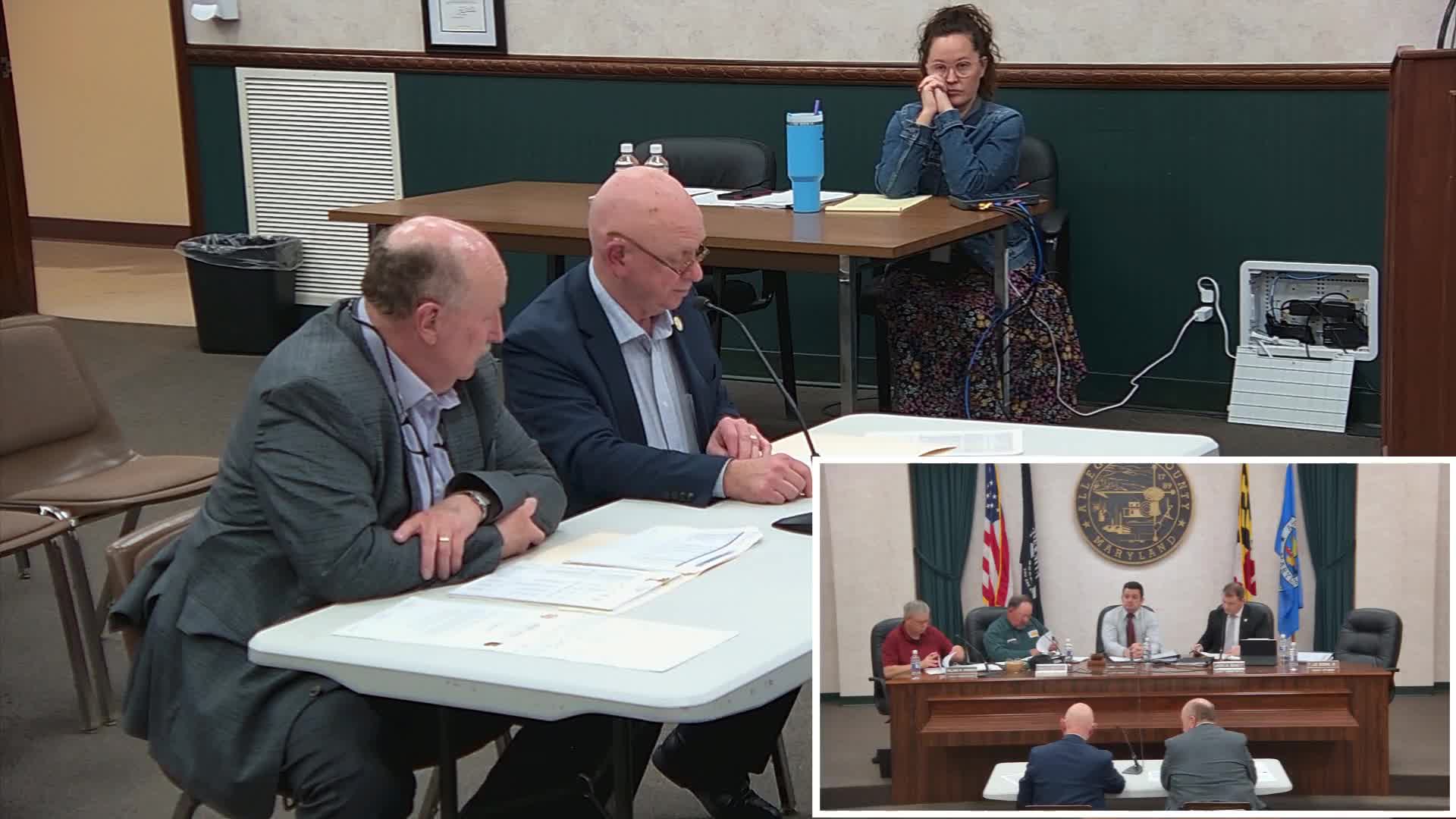
Detention center and sheriff cite mandates, inmate health costs and lost phone revenue as budget drivers
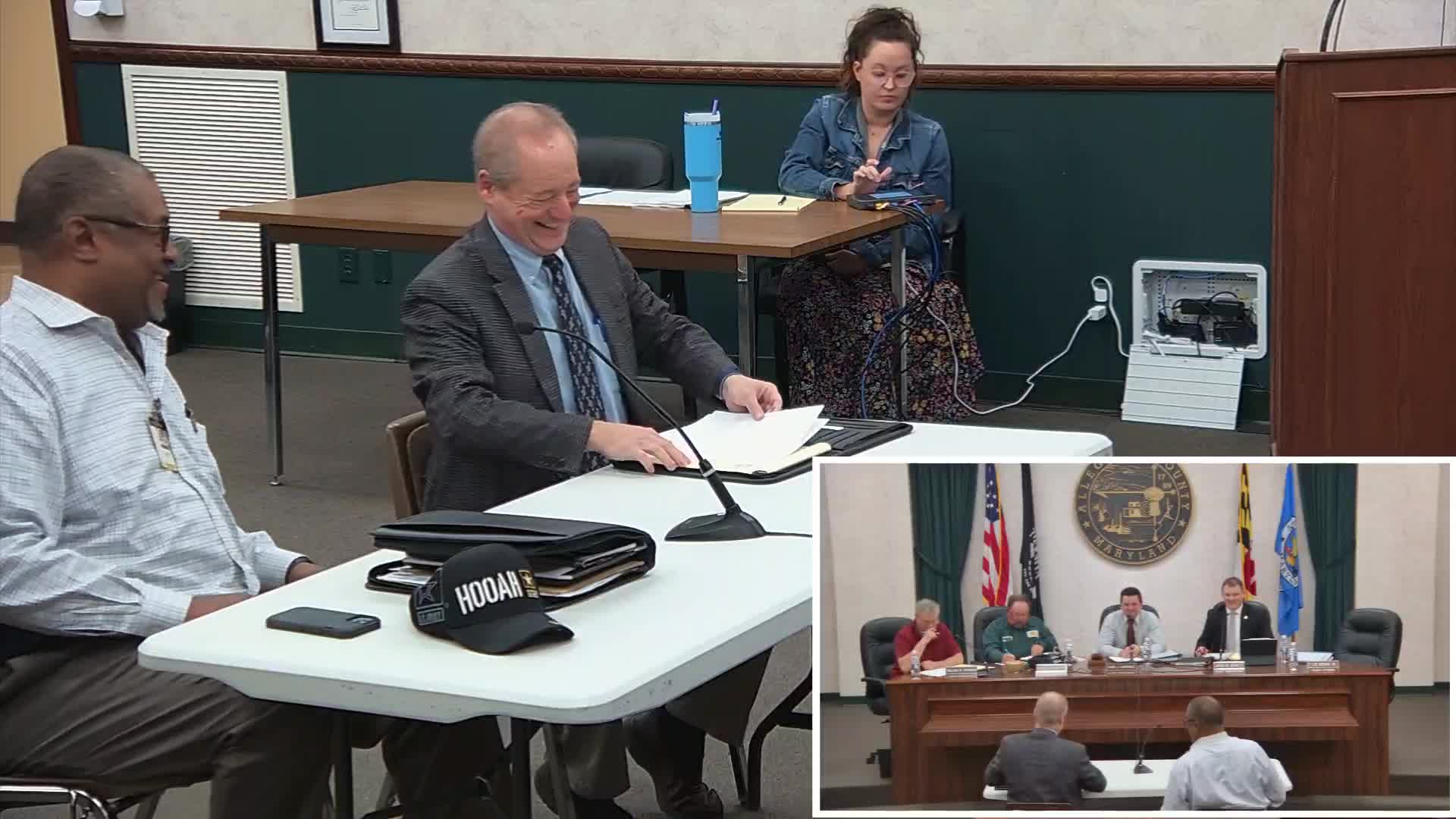
Allegany County Library System seeks level funding amid staffing, collections and hours cuts; trustees warn closures possible
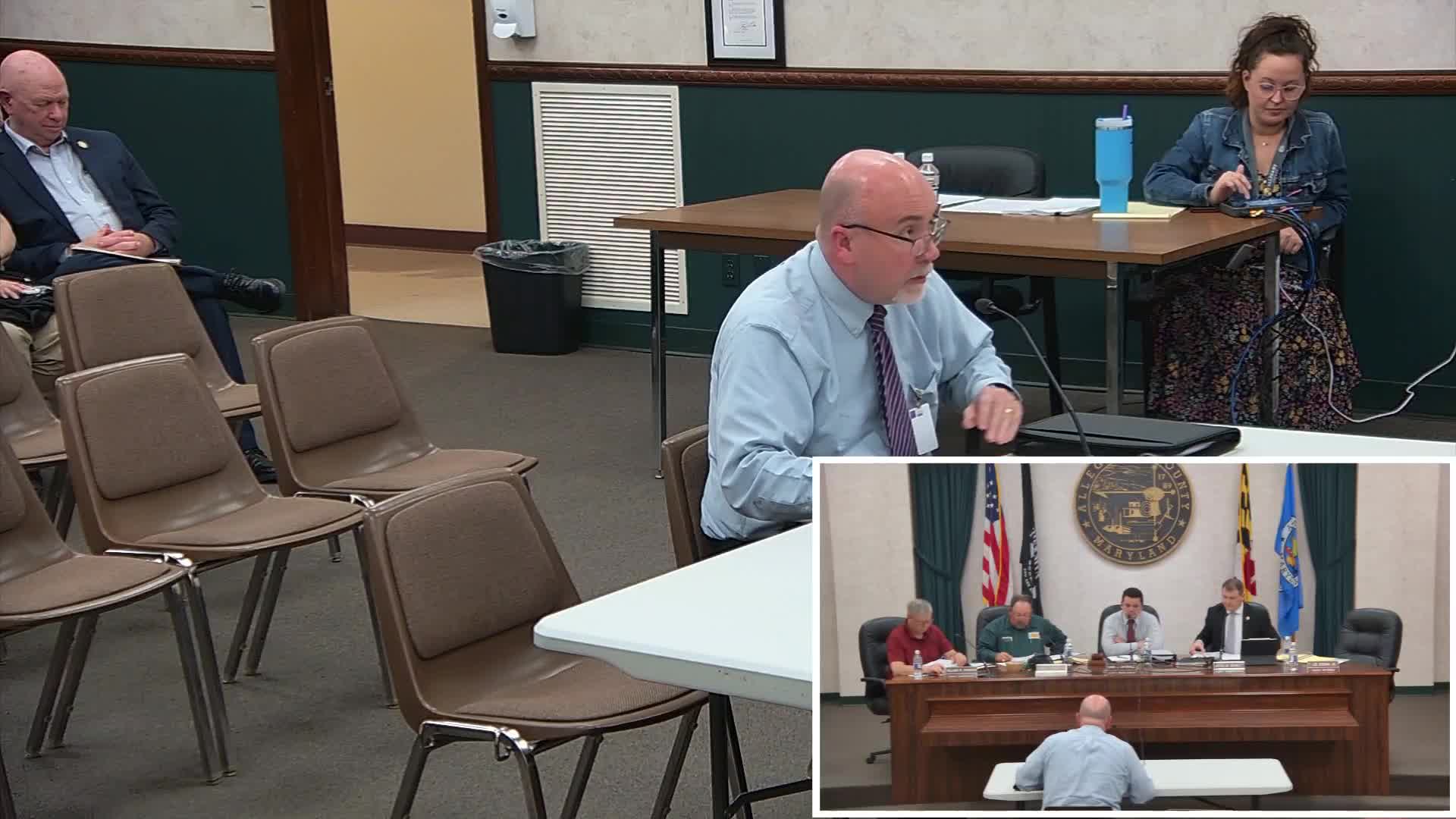
Board of Education submits FY26 request of $33.78 million; cites rising health care and special education costs
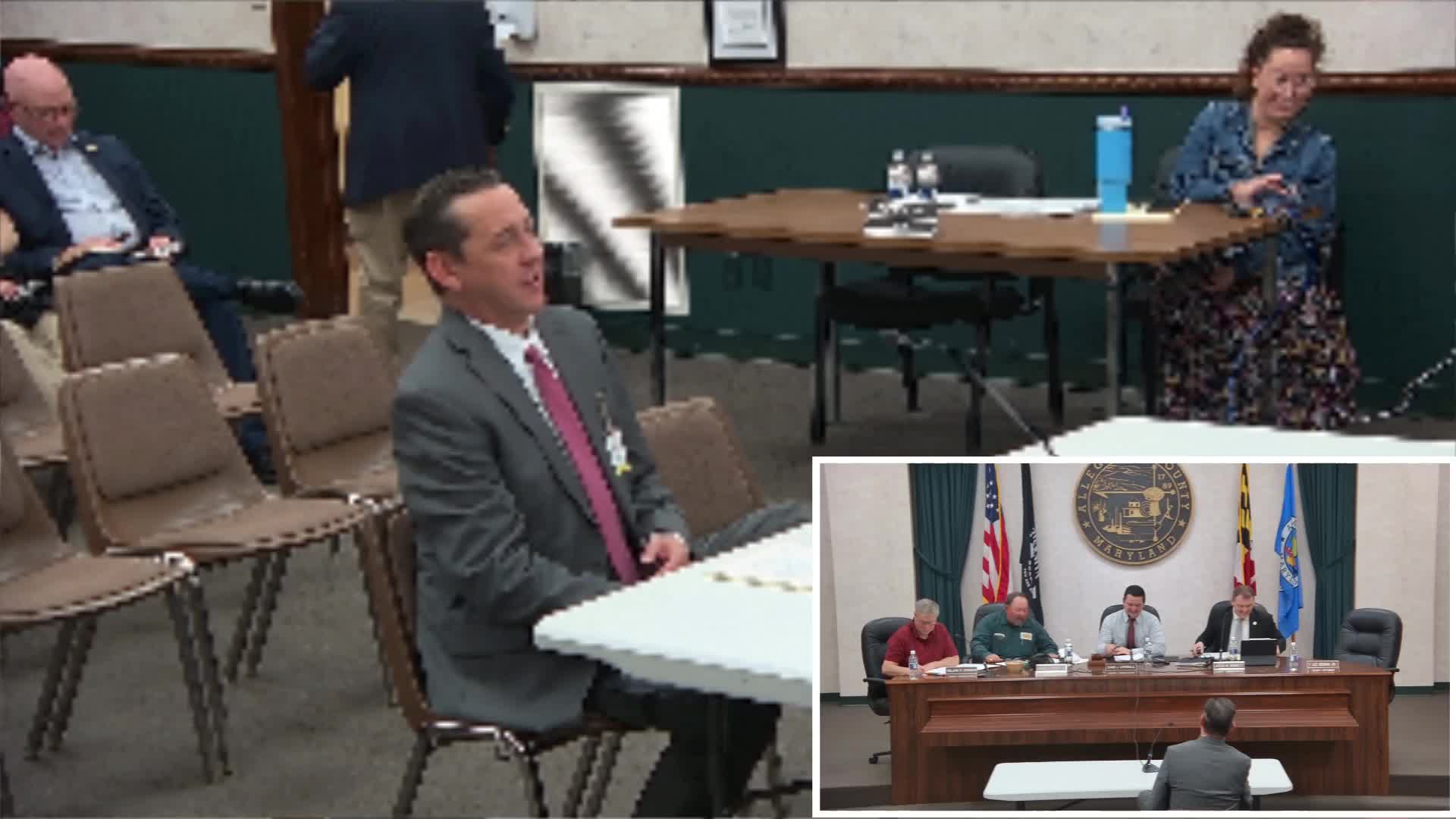
State's Attorney says 5% cut would force deferral of deputy position and increase supervisory burden
